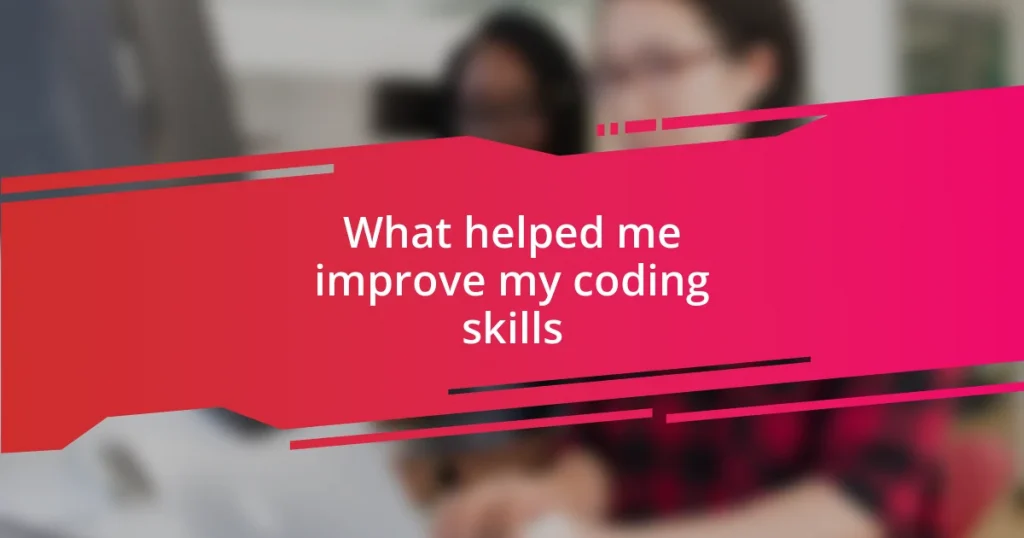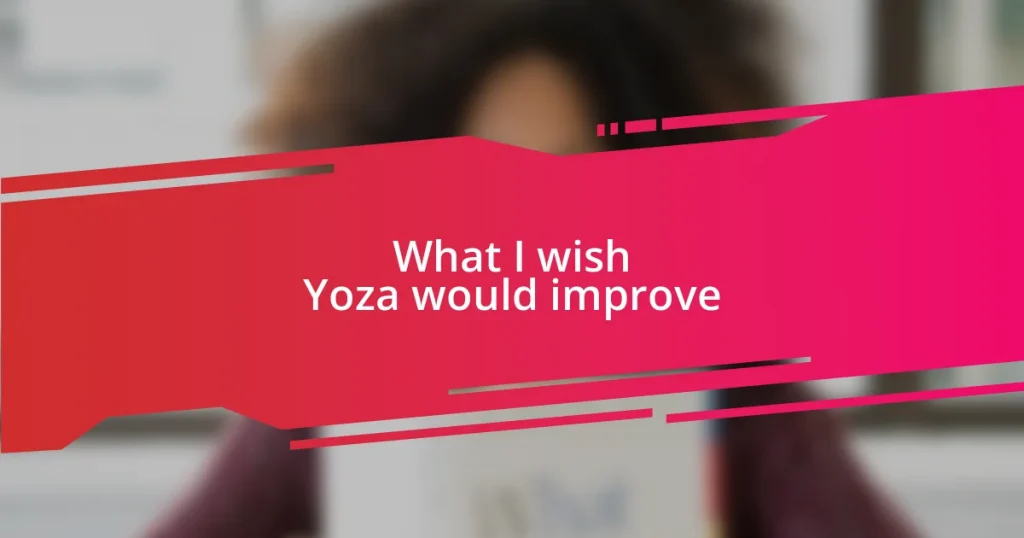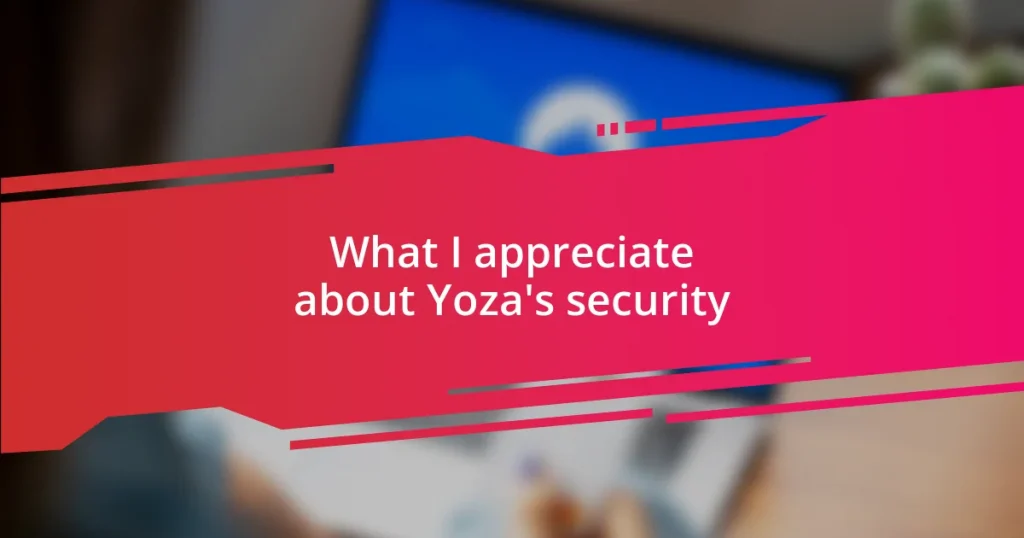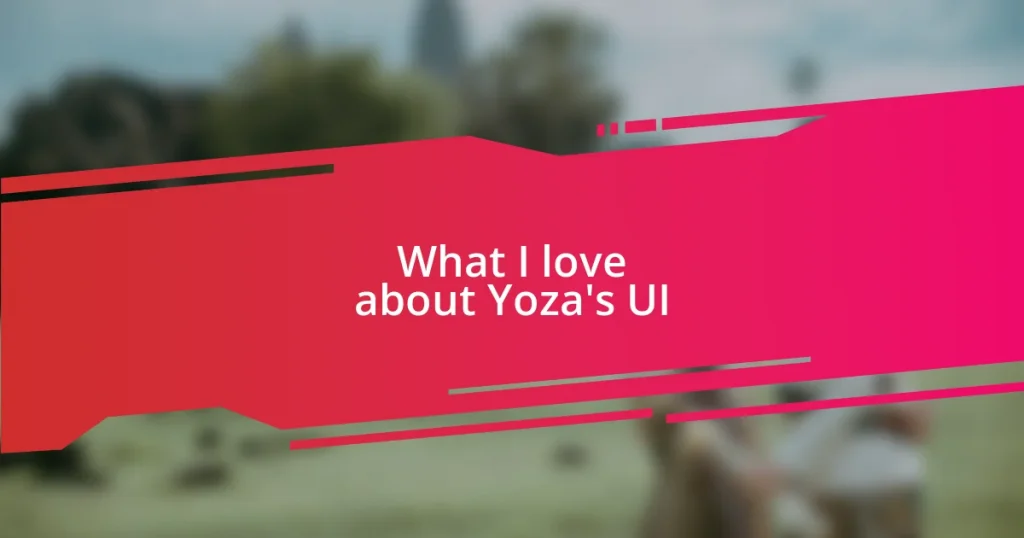Key takeaways:
- Finding the right resources, including coding bootcamps and mentorship, significantly enhanced learning and motivation.
- Establishing a structured learning plan with clear goals and milestones fostered purpose and systematic progress in coding skills.
- Collaborating with others and seeking feedback transformed the understanding of coding concepts, built confidence, and highlighted the value of community in growth.
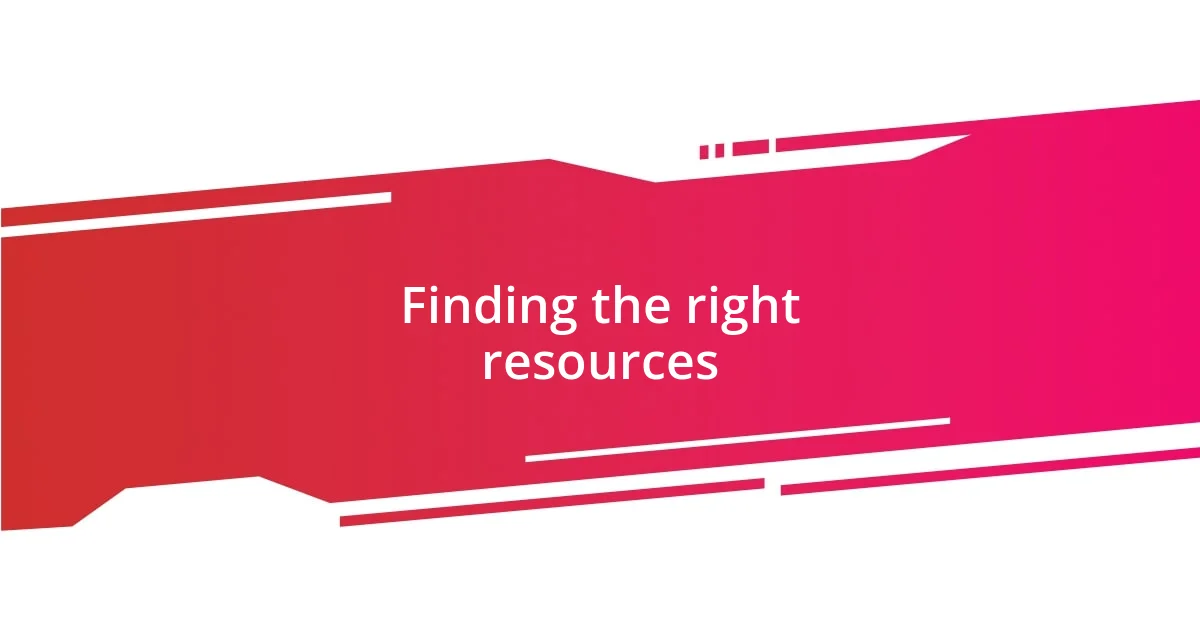
Finding the right resources
When I began my coding journey, I felt overwhelmed by the sheer volume of resources available online. It was almost as if the internet had turned into an endless ocean of information. Have you ever wondered which resources are truly worthwhile? I found it helpful to sample different platforms and evaluate them based on hands-on experience rather than just reviews.
One day, I stumbled upon a local coding bootcamp that completely transformed my learning experience. Being surrounded by passionate peers and hands-on projects allowed me to absorb knowledge in a way that self-study never had. I often think back to those brainstorming sessions; the collective energy was contagious and spurred my motivation to code even more.
Additionally, I discovered that mentorship played a crucial role in finding the right resources. My mentor introduced me to specific books and online courses tailored to my interests. Have you ever had someone guide your learning journey? Having that one-on-one support made navigating the vast landscape of coding resources much more manageable and rewarding.
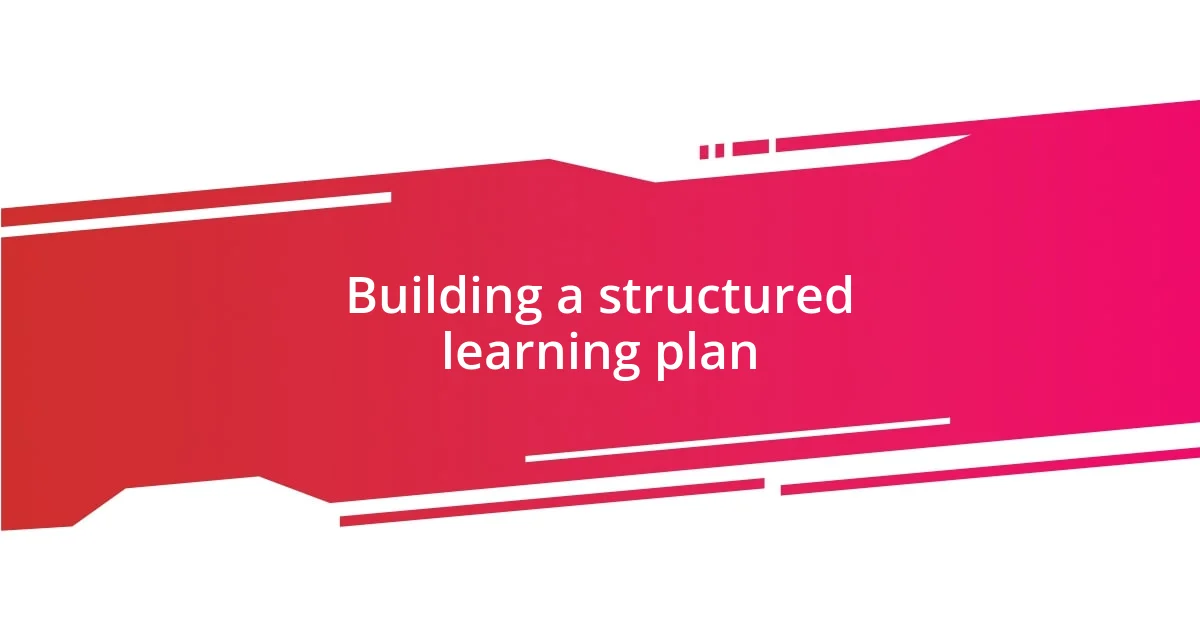
Building a structured learning plan
Building a structured learning plan was a game-changer for me. Initially, I dabbled in various coding languages and frameworks without any real direction, which often left me frustrated and confused. But once I created a learning roadmap with clear milestones, everything shifted. I felt a sense of purpose, as if I was steering my own ship through the fog.
To develop my structured learning plan, I focused on these key elements:
- Goal Setting: I defined short-term and long-term coding goals, which helped me stay motivated.
- Milestones: Breaking down my learning into manageable chunks made it easier to track my progress.
- Consistent Schedule: I allocated specific hours each week to study and practice, making coding a habit.
- Resource Curation: I selected a mix of books, online courses, and coding challenges to diversify my learning.
- Regular Assessment: I periodically reviewed my progress and adjusted my plan as needed, which kept me aligned with my goals.
Embracing this approach not only provided clarity but also instilled a sense of accomplishment as I ticked off milestones one by one. It felt like a personal victory every time I could successfully debug a piece of code or complete a challenging project.
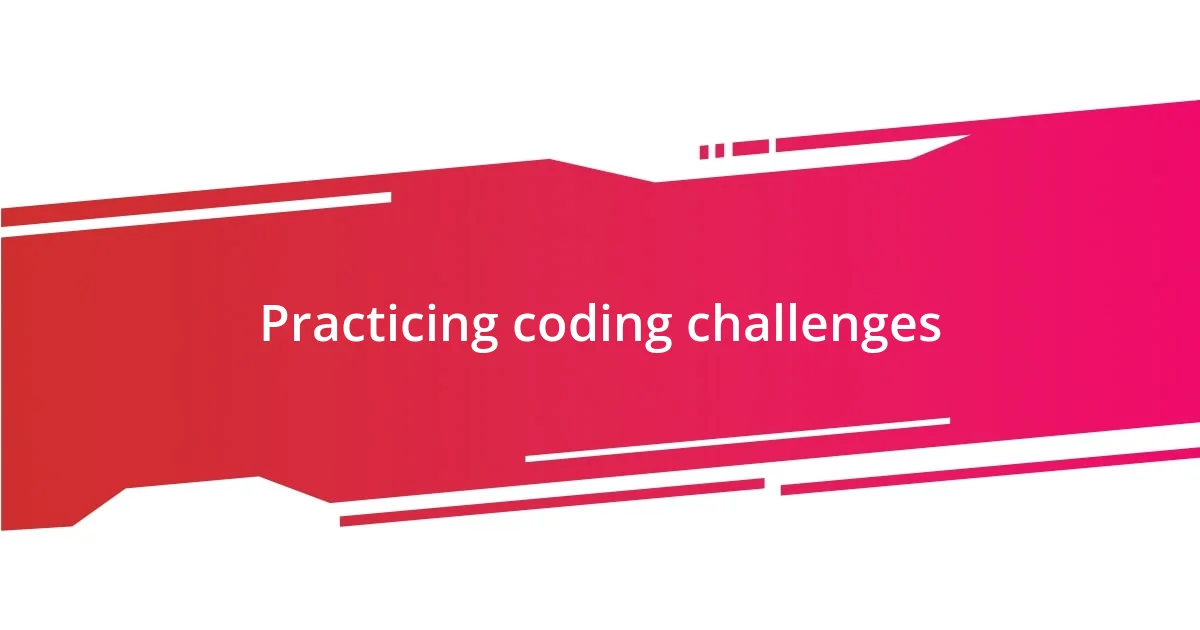
Practicing coding challenges
Practicing coding challenges was one of the most rewarding aspects of my coding journey. I vividly remember the first time I tackled a problem on a popular coding platform. My heart raced as I tried to decipher the requirements. At that moment, I realized that it wasn’t merely about writing code but also creatively solving real-world problems. Over time, these challenges transformed into an exciting puzzle for me, each piece leading me closer to mastering new concepts.
What I found particularly helpful was the variety of challenges available—ranging from algorithms and data structures to more complex system designs. Have you ever felt stuck? I sure have! The trick is to embrace those moments of struggle. For instance, during a particularly tough week, I spent hours on a single recursion problem. It was frustrating at first, but each failure taught me something invaluable about patience and persistence. The feeling of finally cracking such a challenge was euphoric and incredibly satisfying.
Not only did completing coding challenges improve my technical skills, but it also built my confidence. I spent countless nights practicing, and over time, I noticed a pattern; the more challenges I tackled, the sharper my problem-solving abilities became. It’s almost like training a muscle—the more you work at it, the stronger it gets. I often found myself revisiting past challenges and completing them in record time, which gave me that extra motivational boost. By integrating coding challenges into my routine, I shaped both my skills and my mindset in ways I never anticipated.
| Type of Challenge | Benefit |
|---|---|
| Algorithm Problems | Enhance problem-solving skills |
| Data Structure Exercises | Improve understanding of computational efficiency |
| System Design Challenges | Develop architectural thinking |
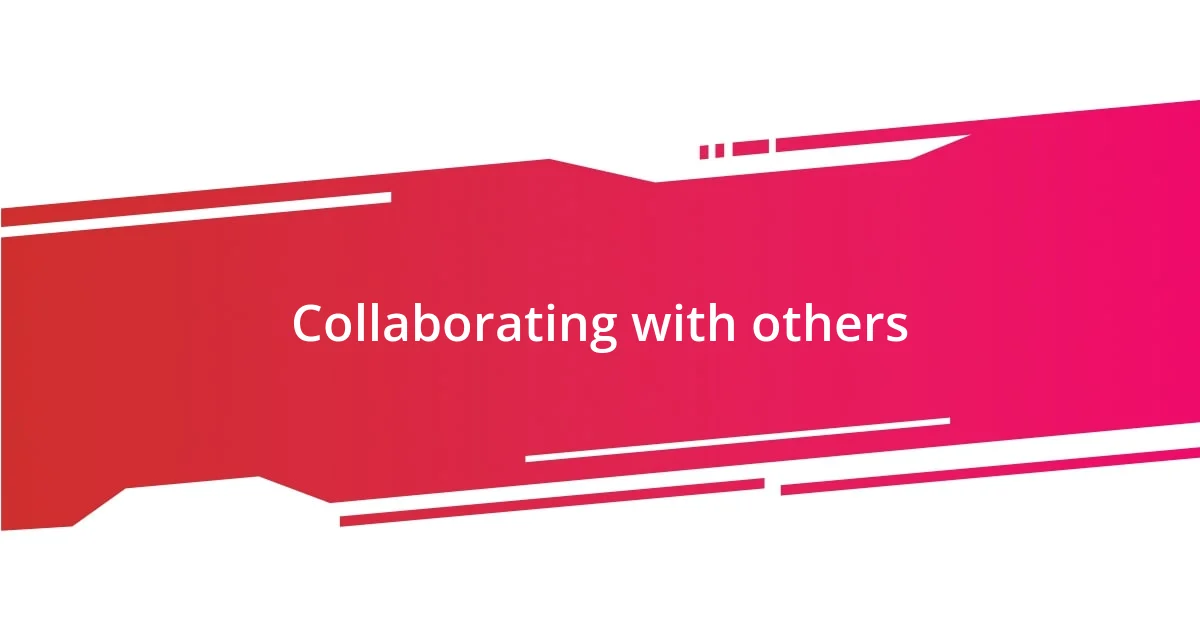
Collaborating with others
Collaborating with others opened up new avenues for me that I hadn’t anticipated. I remember the first time I paired with another coder on a project; sharing ideas and perspectives was like switching on a light in a dim room. Have you ever had that “aha” moment when someone else’s insight transforms your thinking? It’s a wonderful feeling, and for me, it was in those collaborative sessions that I truly grasped concepts that had previously eluded me.
What I found particularly enriching was the diversity of thought that a group brings. Working with others meant I was constantly exposed to different coding styles and problem-solving approaches. I can think back to a time when my teammate suggested using a specific design pattern I’d never heard of. At first, I felt intimidated, but that ended up sparking a deeper understanding in me that transcended beyond just that one project. It’s moments like these that reinforce the idea that coding isn’t just an isolated skill—it’s a conversation with the broader community.
Additionally, collaboration instilled a sense of accountability in me that I hadn’t experienced before. Knowing that others were relying on my contributions motivated me to level up my skills. I recall working late into the night to meet a project deadline. My heart raced as I finalized my code, not just for the sake of completion but also for my teammates. There’s something inherently rewarding about contributing to a shared goal, isn’t there? Ultimately, my coding journey flourished not only through individual study but also from these invaluable collaborations.
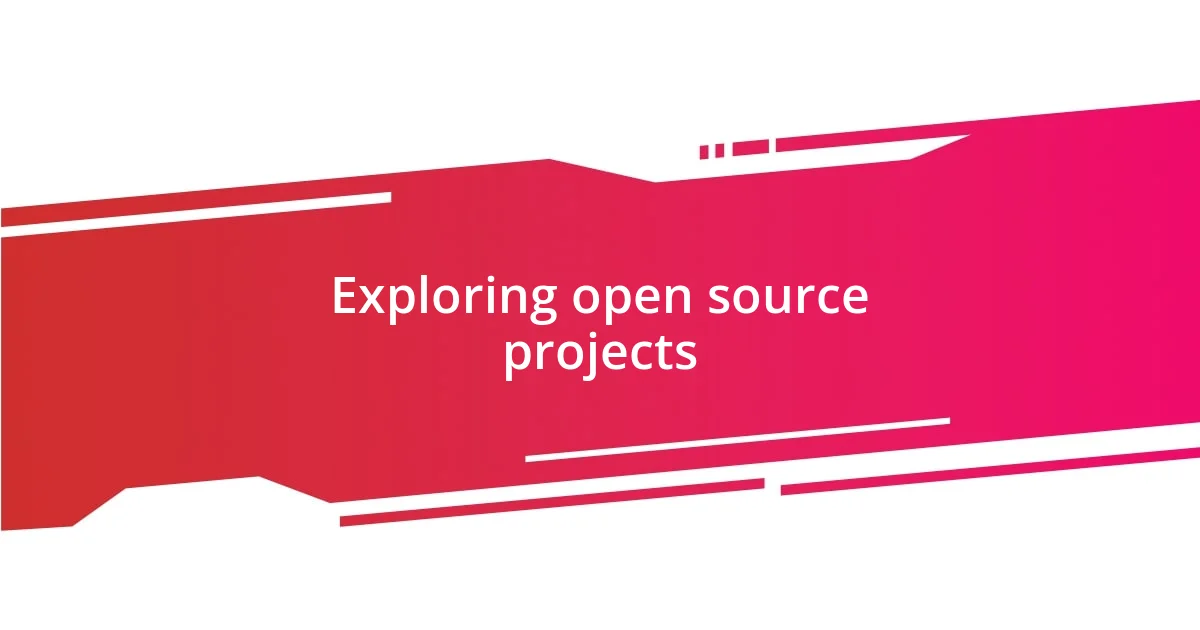
Exploring open source projects
Exploring open source projects has been a game changer in my coding journey. When I first dipped my toes into the open source community, I was both excited and overwhelmed. I remember finding a project that really resonated with me—a simple web app in need of a UI overhaul. Contributing to that project not only strengthened my technical skills but also connected me with passionate individuals from around the globe. Have you ever experienced that sense of camaraderie in coding? It’s like joining a club where everyone shares the same enthusiasm for learning and growth.
As I learned to navigate GitHub, I quickly realized the value of reading through other people’s code. It felt like peeking into the minds of skilled developers. I found myself intrigued by different coding styles and innovative solutions I would never have thought of on my own. There was a particularly enlightening moment when I stumbled upon a well-documented function that utilized a technique I hadn’t encountered before. This sparked a curiosity in me that drove me to delve deeper into best practices. It’s fascinating how open source can truly act as a treasure trove of knowledge!
Contributing to open source projects also taught me the importance of feedback. I vividly recall submitting my first pull request and waiting anxiously for reviews. The critique I received was challenging, yet insightful. At first, I felt a pang of vulnerability, but then I recognized that every piece of feedback was an opportunity for growth. Isn’t it incredible how we grow from the very challenges that initially intimidate us? With each interaction, I sharpened my skills and became progressively more confident in my abilities, realizing that each contribution made me a part of something much larger than myself.
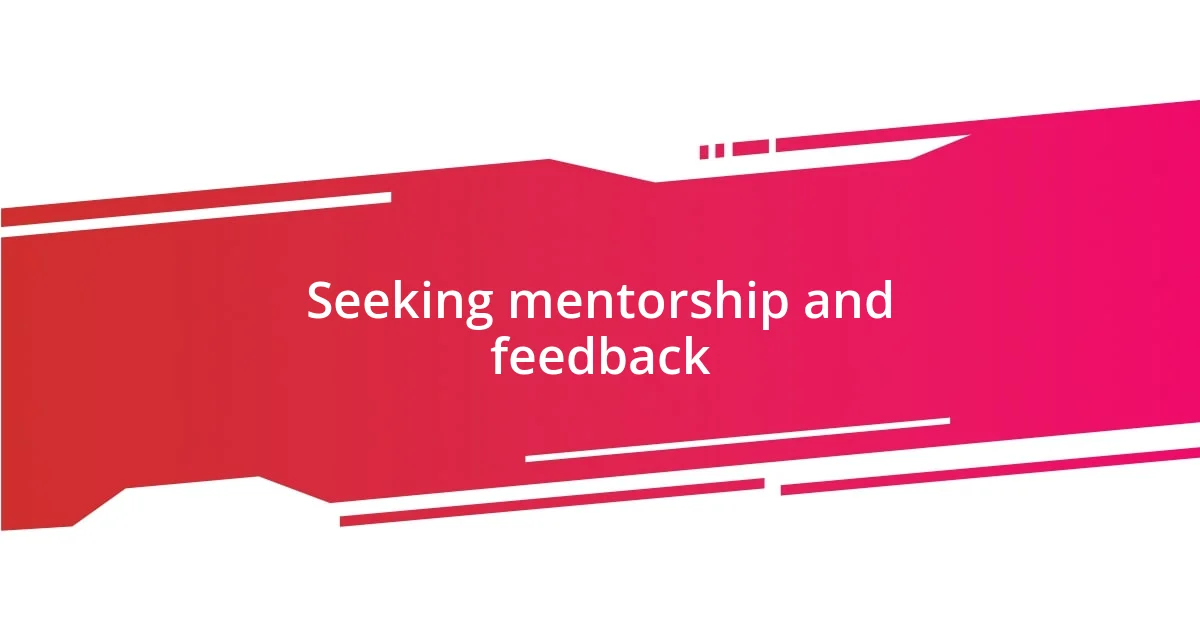
Seeking mentorship and feedback
Seeking mentorship and feedback can be a pivotal part of improving your coding skills. When I sought mentorship, I was fortunate to connect with a seasoned developer who took the time to guide me. I remember feeling nervous during our first meeting, but as we discussed my projects, I quickly realized how valuable an outside perspective could be. Have you ever felt lost in your code? That’s how I felt, and having someone to untangle those complexities made all the difference.
Receiving constructive feedback has been equally transformative for me. I can recall a particular instance when a mentor pointed out that my code was functional but lacked efficiency. At first, I felt defensive; after all, it worked! But reflecting on that conversation, I understood my mentor’s intention. It was a chance to elevate my skills, not just maintain them. How often do we shy away from critique? I learned that embracing this feedback opened up avenues to refine my techniques and deepen my understanding of best practices.
Moreover, I discovered that actively seeking feedback from peers was just as beneficial. I remember organizing a session where we each showcased our work and provided input. The camaraderie fostered a supportive atmosphere, making it easier to accept critique. Isn’t it fascinating how peer insights can highlight areas for improvement we might overlook? Those discussions were enlightening, leading to eureka moments that pushed me out of my comfort zone. In this sense, mentorship and feedback transformed not only my coding abilities but also my mindset toward continuous learning.
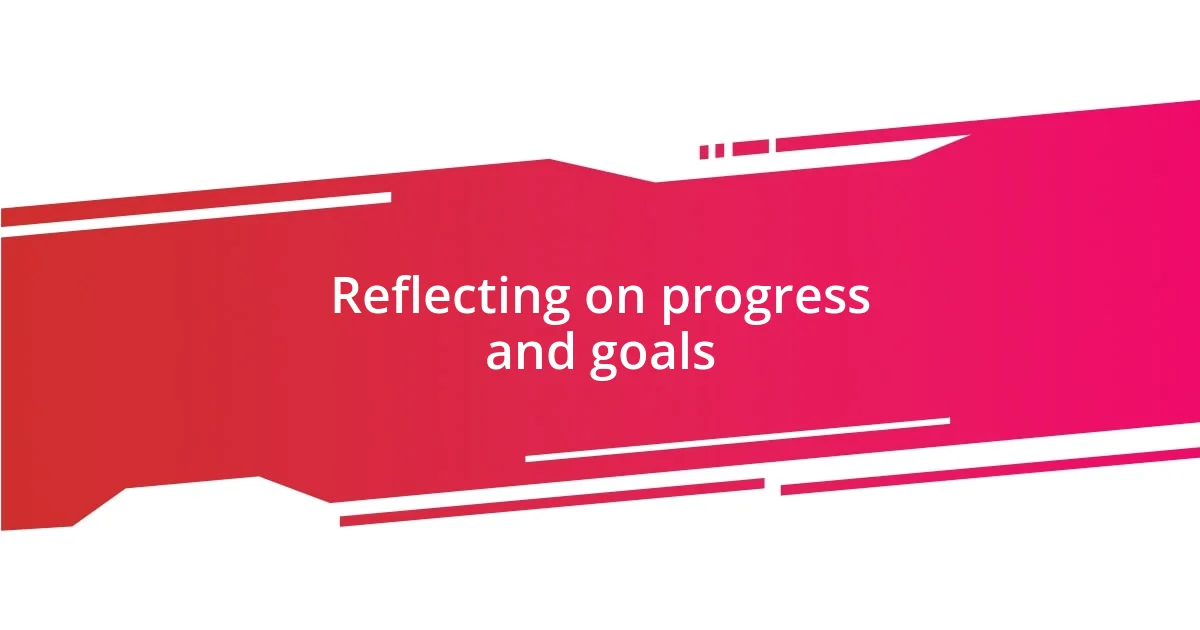
Reflecting on progress and goals
Reflecting on my coding journey has been both enlightening and humbling. I often pause to look back at my initial struggles—those endless hours spent debugging or the countless tutorials I watched to grasp the simplest concepts. It’s hard not to admire how far I’ve come while also recognizing that there’s always more to explore. How many times have you celebrated a small victory only to realize it was just the beginning?
Setting specific goals has been integral to my progress. I remember crafting a list at the start of each month, detailing what I wanted to achieve—whether it was mastering a new language feature or contributing to a specific project. These goals acted as guiding stars amid the vast coding universe, keeping me motivated and on track. Have you ever felt lost in your learning journey? I certainly have, but those well-defined objectives provided clarity and direction that made the process a lot less overwhelming.
As I reflect, I also notice the emotional rollercoaster that comes with coding. There’s a unique thrill in overcoming a particularly challenging bug, but let’s not pretend the frustration doesn’t exist! I recall throwing my hands up in the air after spending an entire weekend stuck on an issue that seemed insurmountable. In those moments, I learned that setbacks are a natural part of growth. It’s about finding the resilience to bounce back and the courage to keep pushing forward, right? Looking back, it’s not just about the technical milestones; it’s also the mental and emotional resilience I’ve developed that truly signifies my progress.










